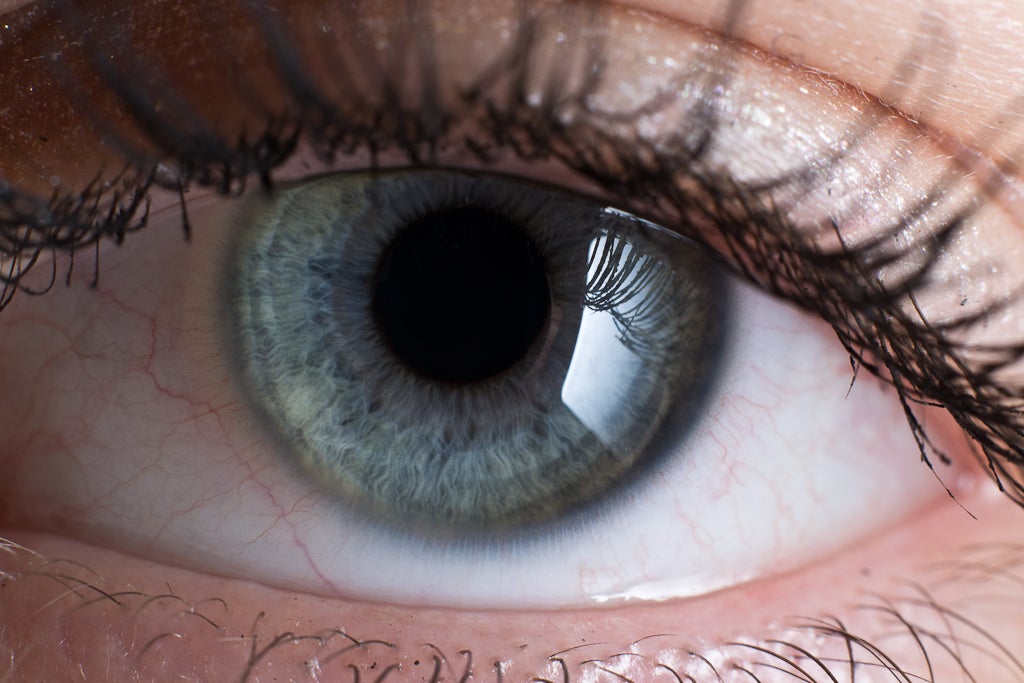First-born siblings more likely to have poor eyesight
Researchers found first-borns had a 20 per cent increased risk of having 'severe myopia'

Your support helps us to tell the story
From reproductive rights to climate change to Big Tech, The Independent is on the ground when the story is developing. Whether it's investigating the financials of Elon Musk's pro-Trump PAC or producing our latest documentary, 'The A Word', which shines a light on the American women fighting for reproductive rights, we know how important it is to parse out the facts from the messaging.
At such a critical moment in US history, we need reporters on the ground. Your donation allows us to keep sending journalists to speak to both sides of the story.
The Independent is trusted by Americans across the entire political spectrum. And unlike many other quality news outlets, we choose not to lock Americans out of our reporting and analysis with paywalls. We believe quality journalism should be available to everyone, paid for by those who can afford it.
Your support makes all the difference.Elder siblings are more likely to be short-sighted than their younger counterparts - and it could be due to the length of time parents devote to educating them.
Researchers at Cardiff University analysed participants from the UK Biobank between the ages of 40 and 69 to determine the odds of myopia — otherwise known as short-sightedness or 'near-sightedness’.
They found first-borns were approximately 10 per cent more likely to be short-sighted and 20 per cent more likely to have severe myopia than later-born siblings.
Researchers suggest the increased chance of myopia in first-borns is due to “parental investment in education” as parents tend to devote more time to educating their first child. However a causal relationship could not be confirmed from the observational data, published in JAMA Ophthalmology.
Consequently, parents may be exposing first-borns to a more “myopia-predisposing environment” which includes the amount of “near” work they do for example, reading.
The eye condition is becoming increasingly common, with the NHS suggesting one in three people in the UK have the condition, which makes distant objects appear blurred and closer objects clearer to see.
Jeremy Guggenheim, the study's lead author, said: “Greater educational exposure in earlier-born children may expose them to a more myopiagenic environment; for example, more time doing near work and less time spent outdoors.”
“Our evidence… supports the idea that reduced parental investment in children’s education for offspring of later birth order contributed to the observed birth order vs myopia association,” he said.
Join our commenting forum
Join thought-provoking conversations, follow other Independent readers and see their replies
Comments